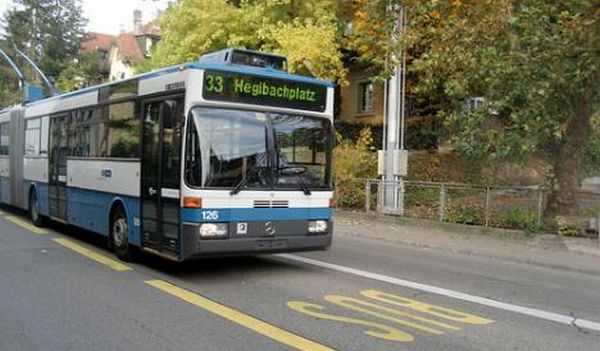 Concerned about the quality of air in Switzerland, laboratories such as the École Polytechnique Fédérale de Lausanne (EFPL) and ETH Zurich have taken upon themselves to identify the quality of the city’s air. A project named OpenSense will figure out the possibilities of taking the help of public transportation and cell phone networks to measure the levels of pollution.
Concerned about the quality of air in Switzerland, laboratories such as the École Polytechnique Fédérale de Lausanne (EFPL) and ETH Zurich have taken upon themselves to identify the quality of the city’s air. A project named OpenSense will figure out the possibilities of taking the help of public transportation and cell phone networks to measure the levels of pollution.
EPFL believes that the best mode of public transportation, which will tremendously help the research, would be buses, as they are mobile and considered secure, predictable, and cover a large area – hence, buses are an ideal data collection base. Relying on public buses for gathering data seems to be a reliable idea as several other projects, which have either been initiated or are in the pipeline – rely heavily on another mode i.e. mobile handsets, for accumulating similar data.
Since Zurich is considered as the most polluted city in Europe, a pilot test has already been initiated with prototypes being installed on a tram and a bus coming under the Lausanne public transit system. The prototypes will help in analyzing and collecting climatic data and the presence of pollutants in it apart from assimilating the quantity of impure substances in the atmosphere.
The OpenSense initiative will also help patients suffering from various allergies to a great extent. The system, upon absorbing the data from the sensors installed, can also advice asthma patients regarding the best time to be outdoors so that they can enjoy their share of fresh air without any hassle. The OpenSense will also forewarn parents about whether the air quality is safe for their children to play outdoors. In order to keep the people acquainted with the levels of pollution, real-time updates can be accessed through text messages and smart phone applications.
Although OpenSense is yet to find its way through for full fledged operations, there are some key areas which need to be worked upon. The laboratories that conduct the tests will have to ensure that the flow of data from the point of origin to the sensors and finally to the system is accurate. If the team is successful in identifying the loopholes that may pose hindrance, the system can prove to be useful throughout the world – as all the cities figuring in the top-polluting categories can measure their pollution level realistically and devise ways to reduce the same.
Via: Treehugger




